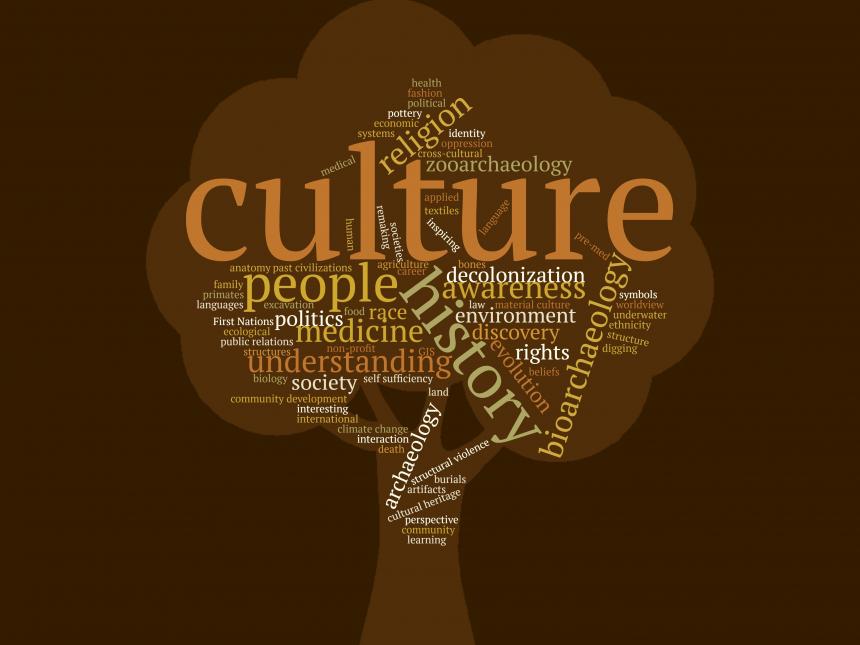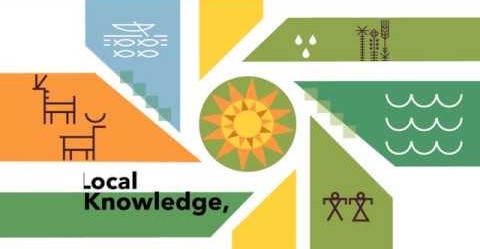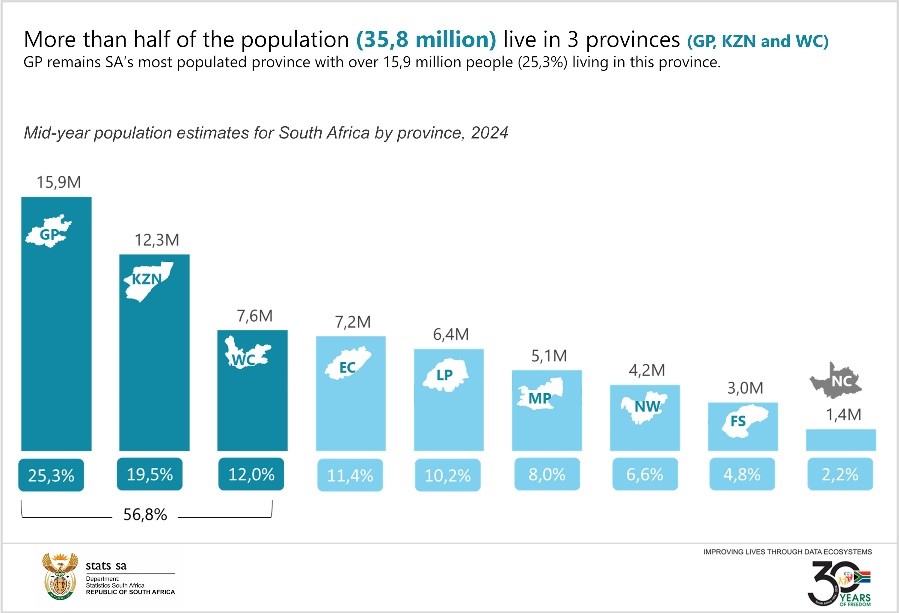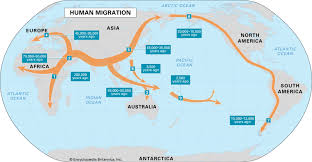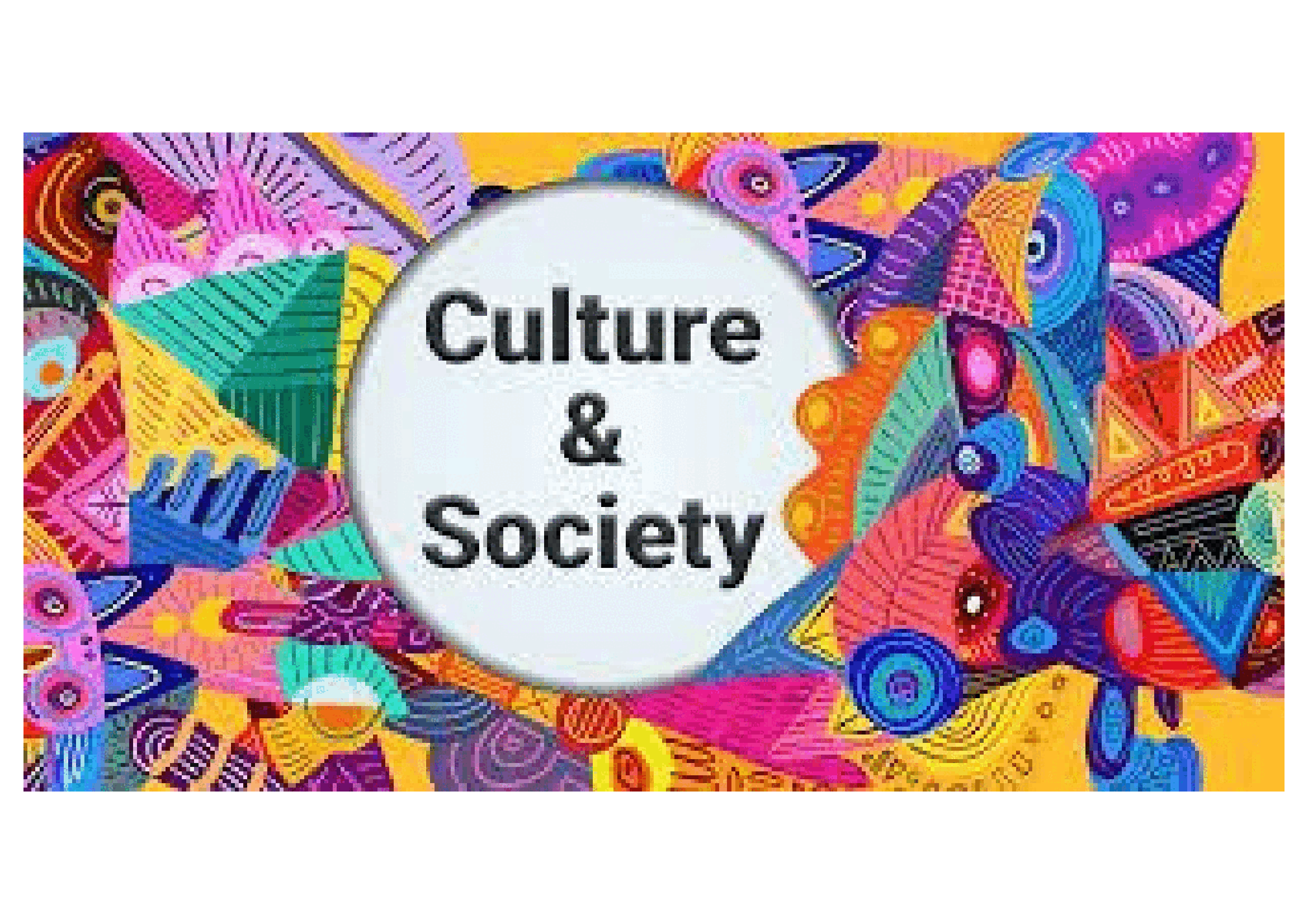
Welcome to the course ‘CULTURE AND SOCIETY IN AFRICA’. This course provides an empirical foundation and conceptual framework for the academic study of Africa and its peoples. The course also aims to introduce students to a critical understanding of ethnographic writing on Africa.
In addition to examining the classical ethnographic work of the early anthropologists working with an African context, the module will look at participatory and sited research (‘fieldwork’), qualitative case-studies and contemporary historiography to shed an anthropological light on the social and political challenges facing the diverse peoples of Africa today.
The module thus introduces students to the study and appreciation of African culture(s). It emphasises the diversity, complexity and dynamism of cultures across the continent, and challenges easy – and essentially racist – notions of a homogenous African cultural world. We have all seen the painted tribesmen and the drums, stereotypical images of the starving children, the gruesome guerrilla war footage. Equally problematic however, is the overly romantic view of an Africa that was unfailingly just, communalistic and peaceful before the onset of modernisation. This module will help students shed simplifications and distortions, while beginning to equip you with the knowledge and skills you will require in order to enjoy, appreciate and critically discuss aspects of African culture.
While initially, anthropologists focused primarily on far-away, ‘exotic’ cultures, contemporary (urban) anthropology has become much more than the study of the exotic ‘other’. In contemporray terms, ‘cultures’ are now regarded as always ‘in-between’, as giant melting pots of a variety of influences. The global has adapted to the local, and, vice versa, the local has incorporated the global.
It is this interaction between cultures that contemporary anthropologists focus on. Moreover, they pay special attention to economic, social and political implications. Despite this shift in focus, however, the working methods of qualitative research, ethnographic approaches and participant observation are still maintained.
As a student being introduced to anthropology within an African context, you will study issues such as the impact of colonisation, the making and unmaking of identity, the construction of ‘ethnicity’ and the relation between people and their environment. You will be introduced to gender (masculinities and feminitites) in an African context. You will also be introduced to aspects of African art and culture, as well as religion and belief systems that are articulated within sub saharan Africa.
- Teacher: Hloniphile Talent Ndlovu
- Teacher: Lloyd Nhodo
